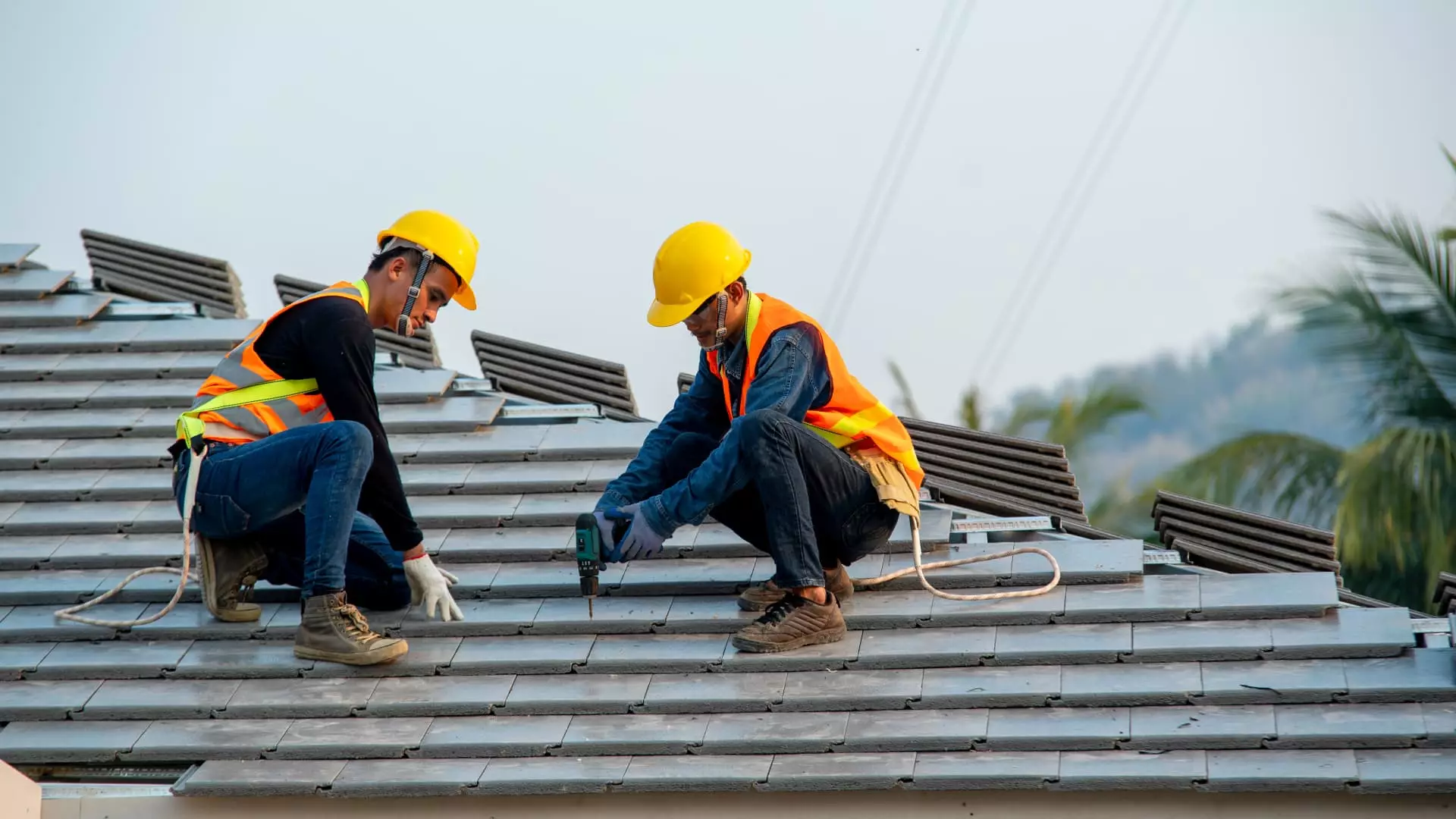Home renovations can often feel like an overwhelming venture—both logistically and financially. In today’s economy, where costs seem to skyrocket overnight, many homeowners find themselves grappling with the decision of whether to hire a contractor. Faced with this dilemma, an alarming number of homeowners—the statistics suggest about one in three—are willing to hire professionals with checkered pasts, potentially setting themselves up for misery down the line. In an age where reputation is paramount, understanding what factors to prioritize can save homeowners from costly mistakes.
A recent survey conducted by Clever Real Estate indicates that while reputation is the top factor for homeowners when choosing a contractor, many will compromise on this in favor of saving money. A staggering 25% of those surveyed stated that they would hire someone based primarily on their reputation, but a parallel 33% are willing to overlook potential red flags if it means a lower price tag. This contradiction underlines a crucial challenge: the overwhelming desire to cut costs can lead homeowners into the hands of dubious contractors who might be more trouble than they are worth.
Contractor reputation encompasses a variety of traits. A reliable contractor not only provides honest pricing but also demonstrates skills that meet or exceed expectations. Conversely, untrustworthy contractors may employ deceptive practices, such as misrepresenting their experience or delivering subpar work. Jamie Dunaway-Seale, author of the Clever report, succinctly describes this risk: “That’s someone that you want to potentially avoid.”
The stakes are particularly high in the wake of natural disasters, a time when unscrupulous operators are especially likely to exploit vulnerable homeowners. As Loretta Worters from the Insurance Information Institute explains, individuals often appear on the scene post-disaster, claiming they can perform quick fixes while disappearing with unsuspecting homeowners’ money. The Consumer Financial Protection Bureau has even issued alerts about the increased risks of fraud after devastating weather events like hurricanes.
When disasters strike, homeowners also find themselves juggling insurance claims while frantically searching for contractors to repair damage—a process made more intricate by the fear of falling prey to scams. Contracts should not only be approached with caution; they should be analyzed meticulously. As Angie Hicks, co-founder of Angi, remarks, “You don’t want to turn a bad situation worse.”
In the midst of the chaos that follows a calamity, homeowners must prioritize their due diligence. A common error is hiring the first contractor who offers help without taking the necessary precautions. Experts strongly recommend searching for local companies that have valid certifications, appropriate insurance, and a robust warranty on their services. As Hicks points out, a roof is a significant investment, one that can have repercussions for decades to come. This highlights the importance of vetting contractors thoroughly; ideally, homeowners should seek professionals renowned for solid experiences and quality work.
The process begins with simple steps. Homeowners should seek recommendations from family and friends who have previously had positive experiences with local contractors. Following this, checking online reviews and asking contractors for references can offer additional layers of confidence. Dunaway-Seale suggests asking a potential contractor if they can provide contact details for previous clients—if a contractor hesitates at this step, it’s a signal that something may be amiss.
Another pivotal aspect of contractor evaluation is financial transparency. Homeowners should never underestimate the importance of clear estimates. Essential details regarding payment structures should be laid out in writing, and homeowners should be skeptical of any contractor who requests excessively high upfront payments. Generally, industry norms suggest that initial deposits should not exceed 10-20% of the total cost, ensuring that the contractor remains accountable.
Furthermore, multiple estimates can aid in discerning realistic pricing and help identify potential outliers or scams. As Hicks succinctly concludes, “If a deal seems too good to be true, it probably is.”
While the desire to save money during home renovations is understandable, homeowners must navigate carefully through the maze of contractor selection. Prioritize reputation, verify credentials, and maintain financial transparency to minimize risks. Ultimately, investing the time to find a trustworthy contractor can lead to more satisfying, long-term results, ensuring that your home renovations uphold the value and integrity of your home.

